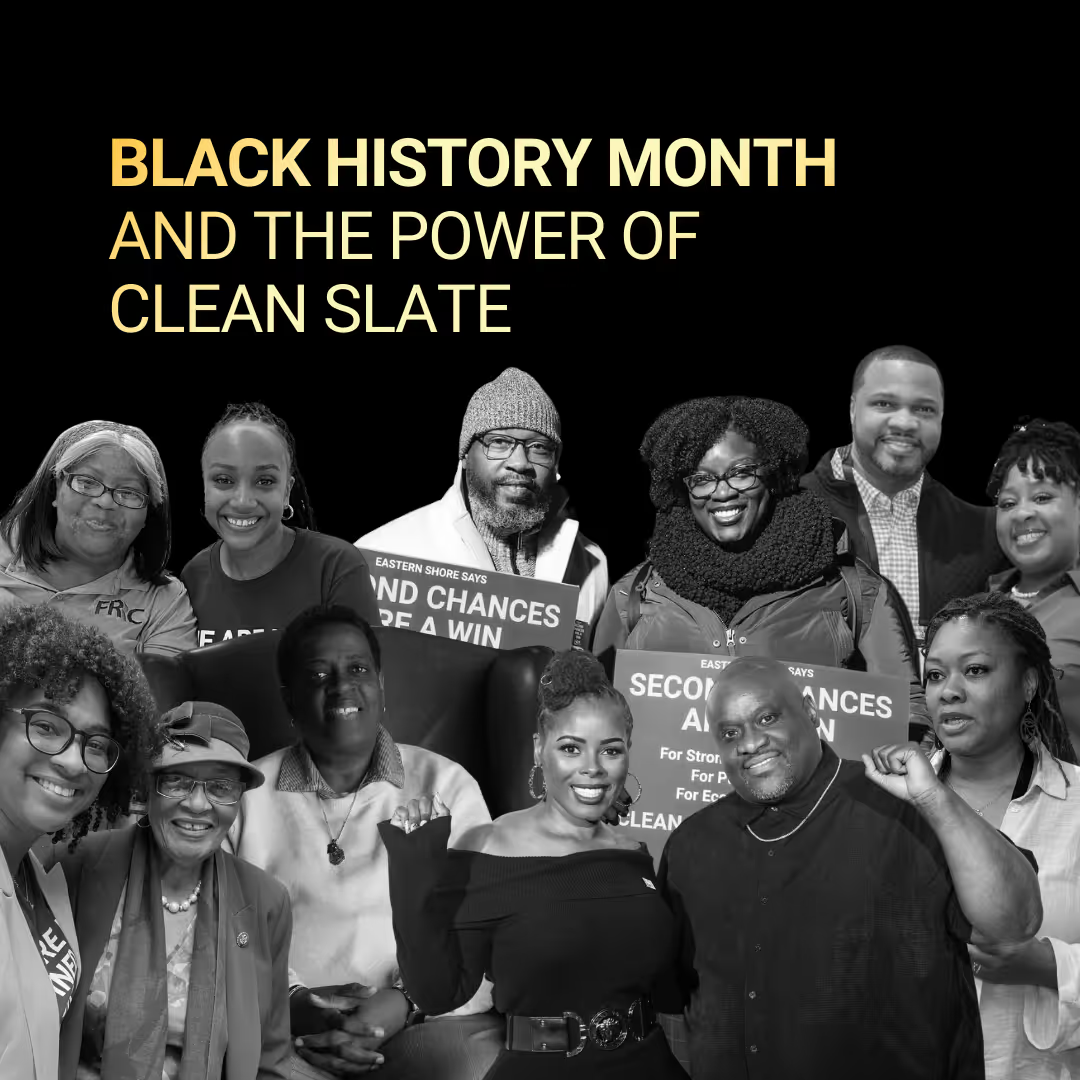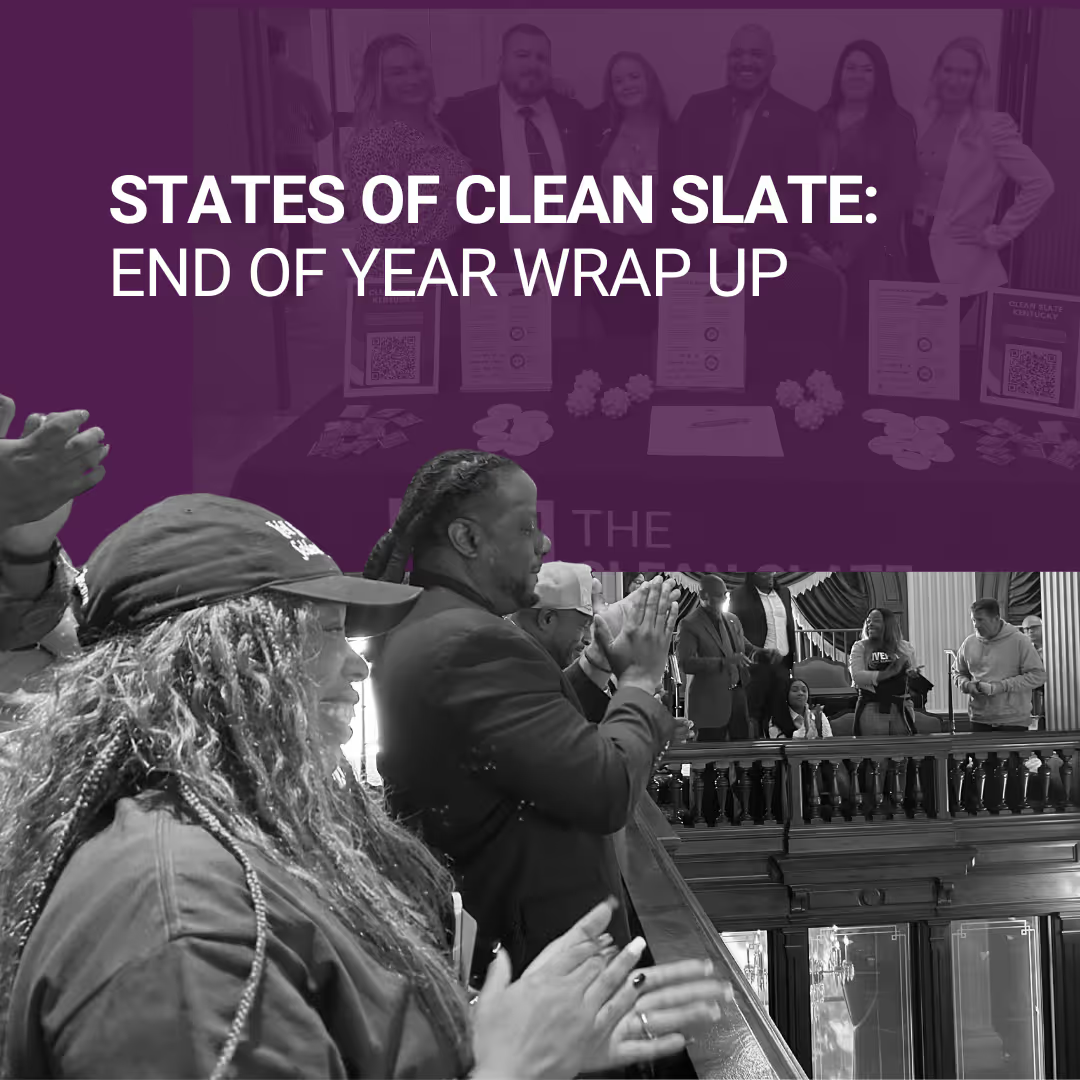Raising the Bar on Work Should Also Mean Clearing the Path to It

Whether you view the One Big Beautiful Bill Act as a victory or a loss, one thing is clear: the expansion of Medicaid work requirements makes it more important than ever to get rid of outdated barriers that actively block people who want to work from getting a job. If we’re going to require that people have jobs in order to access basic healthcare, we must also remove unnecessary obstacles standing in the way of those jobs.
For millions of people in America with old arrest and conviction records, one of the biggest barriers to progress is often invisible — but devastatingly effective: background checks. A staggering 94 percent of employers use them to screen out applicants, and many disqualify candidates outright for having a record, regardless of how old or minor it might be.
Records also prevent people from going back to school and volunteering, the two other ways to fulfill the Medicaid requirement. Seventy-two percent of colleges and universities use background checks to screen out applicants with records. Countless organizations – including schools and nonprofits – deny volunteer opportunities to people with records. I experienced this personally. I wanted to volunteer at my child’s school and was blocked because of my record for writing a bad check for $86 worth of groceries nearly 20 years ago.
This isn’t just about individual lives. It’s a systemic issue with far-reaching consequences. When people are blocked from participating in the workforce, going back to school, or serving their communities, we all lose. Employers struggle to fill open roles. Families remain trapped in cycles of poverty. Our communities miss out on the skills, talents, and contributions of people who are eager to move forward and contribute to their community, support themselves and their family, and gain stability and independence.
Clean Slate laws offer a common-sense solution. These laws automatically seal old, low-level records for people who’ve remained crime-free for a set period of time. They don’t erase serious offenses, and they don’t skip accountability. They simply recognize that people can change, and that long-past mistakes shouldn’t be a life sentence to poverty.
The data demonstrating the impact of Clean Slate legislation is compelling. Within just one year of record sealing, people see a 22 percent increase in wages. They’re more likely to find stable employment. Recidivism rates drop. Economies benefit when more people are working and contributing. And doors, like access to homes, healthcare, and more, start to open.
Twelve states, and Washington D.C., have passed Clean Slate legislation, creating a pathway for over 16 million people to get back to work. It’s time to bring Clean Slate to all 50 states, and for Congress to pass the bipartisan federal Clean Slate bills. The momentum is building—and now, with access to healthcare increasingly tied to employment, the urgency is even greater.
.avif)
.avif)


.avif)